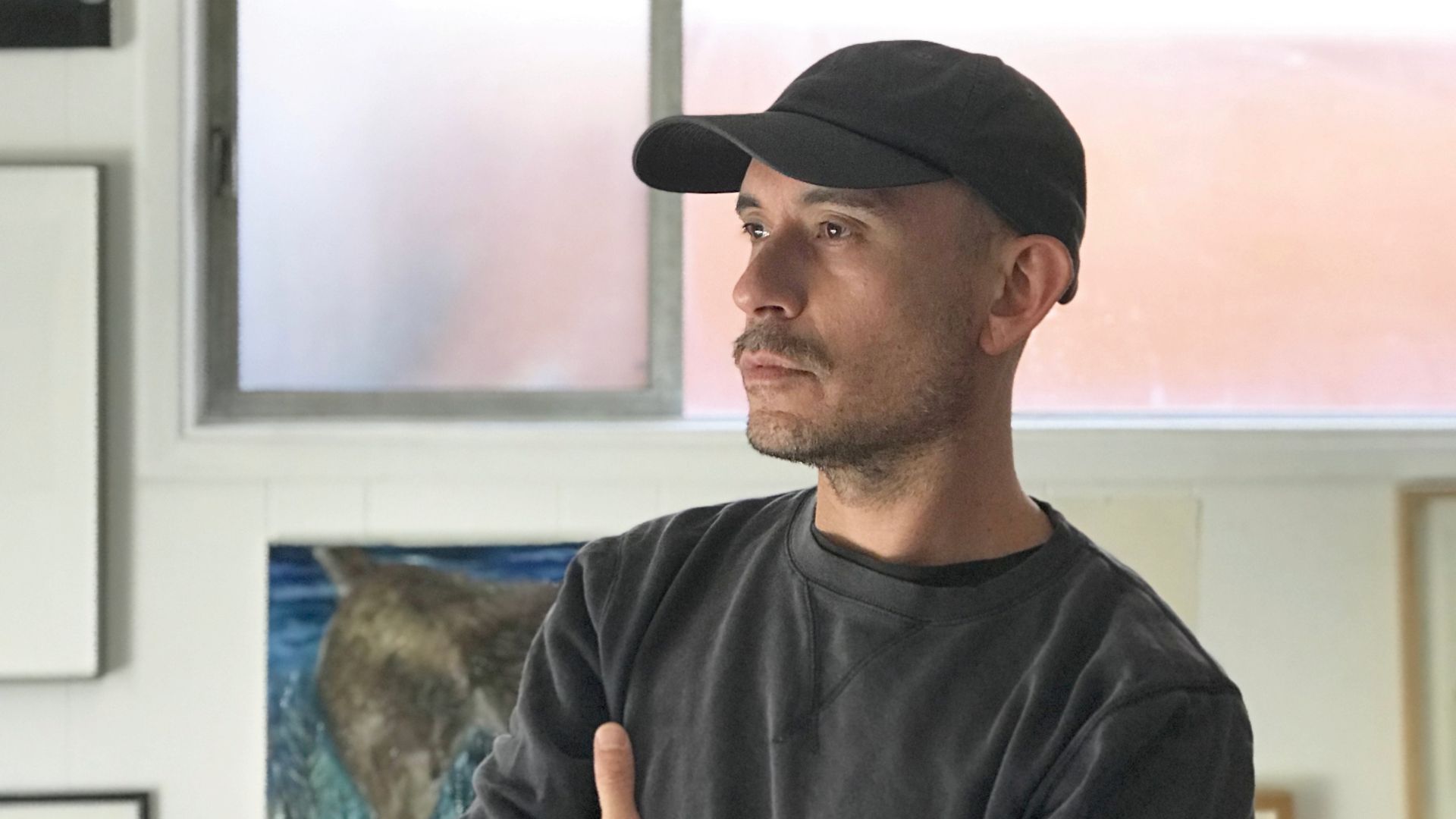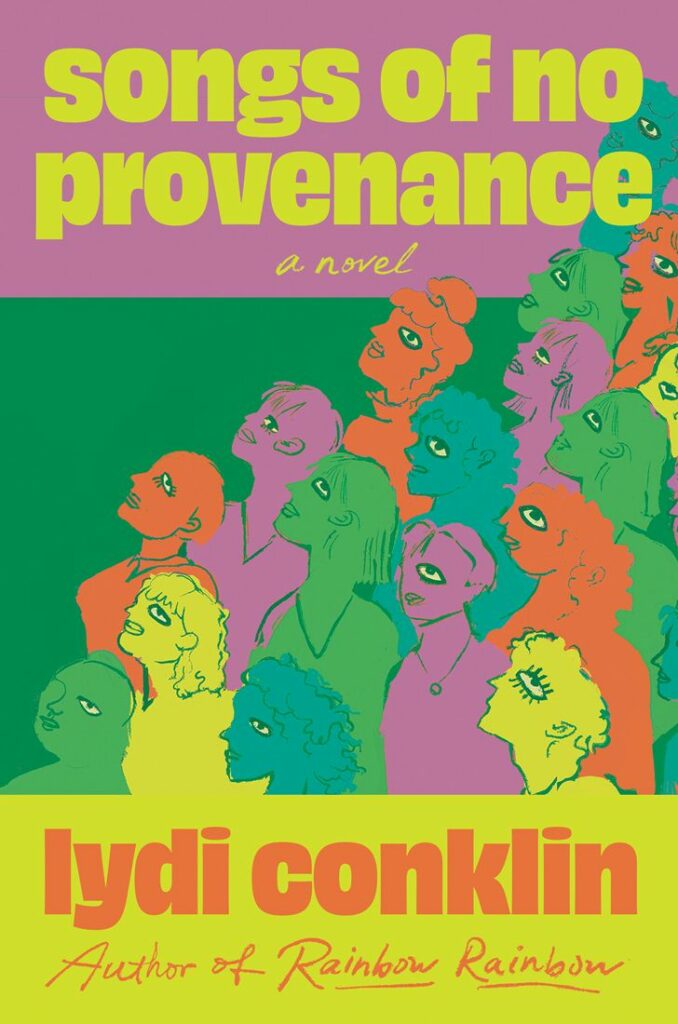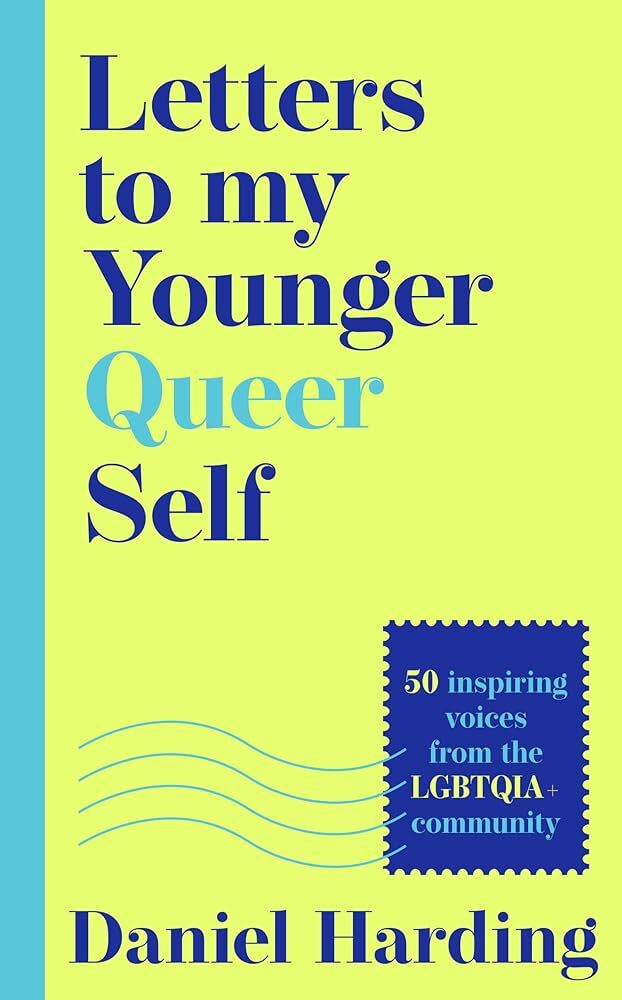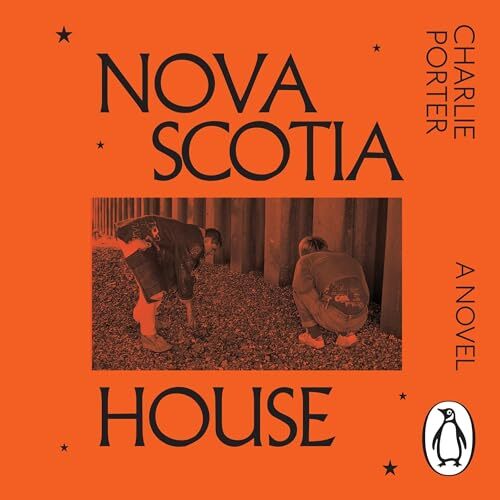Jeremy Atherton Lin on queer romance and new book Deep House (EXCLUSIVE)
In association with Audible
By James Hodge

Jeremy Atherton Lin is an essayist who captures the queer status quo in his thought-provoking writings. His first book, Gay Bar, was a cultural history that explored why clubbing is so central to the queer experience. Now, he returns with part memoir, part history, Deep House.
Described as the gayest love story ever told, this book sees Lin retell the story of his long-term relationship — from burgeoning romance to (many years later) a marriage. He sets his own personal account against the many LGBTQ+ love stories that led to the legalisation of same-sex marriage and put it in context.
Here, Attitude speaks to Lin about being a romantic, the joys of pop culture and the power of living on the fringes. We also share our picks of the best recent reads, as well as our current favourite audiobook available on Audible.
Your latest book is a cross between your great love story and the many love stories that led to the legalisation of gay marriage in the US and UK. Where did the idea come from?
My partner is my muse, and I always want to write to him and about him. We have been together for a long time, and a mentor once told me that 30 years is a good passing of time to reflect on a series of events. I wanted to write about our story also from my perspective as a writer at the intersection of queerness and immigration. I knew that I wanted our romance to be connected to the love stories of other queer people who have had to cross borders, face invasions, [or endure] threats that they would not be able to stay together or live their lives as they wanted to. [While] heterosexuals could get married, we could not. So, our journey is set against the journey to the legalisation of same-sex marriage.
These are challenging times for the LGBTQ+ community, and now there is talk of overturning Obergefell v. Hodges in the US, which could lead to the end of gay marriage.
When I was writing the book, I wasn’t so aware of quite how precarious the advancement of our rights is today. I hope the book offers hope. However, one of the things it offers as a read is that yes — we lived through an incredibly oppressive, unfair, unequal framework and we are at risk of returning to it. But at the same time, my partner and I had a lot of fun. It is exhilarating to live on the fringes — and there are certain freedoms that come with living in the shadow of structural oppression. What we do, how we live with each other in the face of these catastrophic political contexts is important. Hopefully, in the long run, the ways of living we nurture outside the mainstream might eventually find their way into a more egalitarian society.
The book navigates the paradox of wanting to be married — a traditionally heterosexual construct — while living a liberated and counterculture queer life. How do you navigate these two polarised ways of living?
Most people don’t truly fit themselves into a box. You might meet somebody who seems like a norm, but underneath, there’s a weird freak. I think maybe that’s a place I occupy. As a writer, I’m not offering the answer to the question — not even a roadmap for a way of life — but rather, the joyfulness of embracing ambiguity that punctuates everyday life, living every day in ways that make you feel safe and happy.
You describe your partner as your muse, and your prose style is very poetic. Would you describe yourself as a romantic? And is queer romance different from heterosexual romance?
I’m an unabashedly sentimental writer. I think that I have learnt to embrace it. But there’s also a sense of irony and camp to what I do — an intellectual playfulness. As queer people, we get to make up the rules, and we have to seek out our models. We can learn from others, and people will surprise you in the ways that they’ve built their lives, rather than just always reiterating a norm. I think there’s something very specific about my generation in terms of the loss that came before us too. We are all seeking something akin to a gay father figure, or a connection to queer lineage. I’m lucky because my process as a writer allows me to do that.
Of the many stories included, which stands out to you today?
One story is particularly UK-centric — that of Andrew and Mark. Mark was a border enforcer at Gatwick Airport who fell in love with Andrew, who lived in Brazil. If you were in a situation where your relationship was threatened and you want the handsome man you love to be able to stay in the country and you have access to a passport stamp at work, what would you do? What he did. You’d stamp the passport illegally. He ended up serving jail time. Andrew was deported back to his country. What inspires is that in the face of it all, Mark tried to do something about it — he became a central figure working for the Stonewall Immigration Group [now Rainbow Migration]. It literally became his full-time occupation to get his lover back!
Many of your memories interlock with pop-culture moments — your life feels entangled with songs, films and celebrity references. Why do you think pop culture is so important to the queer community?
Growing up in the suburbs, I lived vicariously. Living outside of queer culture meant that we had to connect to it from behind a screen. We were audience members watching queer life, and I felt like I would always be watching from afar. That changed at university, where I had a standing invitation to a weekly potluck night with the cool kids and we would watch camp classics. That’s where I learnt the camp sensibility and what it means to share a reaction to a queer moment. Susan Sontag wrote that camp isn’t a judgement but an affinity. The cackling and shrieking that arises among queer people and might look to an outsider like you’re laughing at people is mistaken; the truth is, we are laughing with them.
If you were advising someone on how to foster the sort of lifelong love that you have had, what would be the one piece of advice you would give them?
Infuse the boring day-to-day stuff with romance. Queer couples have to do so much unpaid labour in order to justify their existence and stay together. Recently, I saw a news piece on Obergefell in the US, and a lesbian couple were showing all the paperwork they have to keep to justify their relationship in the eyes of the law. Binder after binder full of admin. It’s very unfair. It’s another example of a situation that is naturalised for straight couples — the framework is there and made for them. But equally, I think all the stuff that you wind up doing together to validate your queer relationship makes you feel like it’s you both against the world in a conspiratorial, quite romantic way, even though it’s essentially just filling out forms.
Another essayist you admire?
Michelle Tea. Valencia changed my life. She gave it to me when she was my neighbour — and now it’s being reissued on the same day as my book!
What’s the greatest love story ever told?
I know it’s a ridiculous choice — but Romeo and Juliet. I reread it while writing the book. Beautiful.
Name a memoir that moved you.
Right now, I’m reading Minor Feelings by Cathy Park Hong, which is about the Asian-American experience. Park Hong is a self-deprecating writer and doesn’t try to present herself as a hero.
A book about rebellion that inspired you?
A really formative book for me was To Kill a Mockingbird. I played Jem in the school play, and that’s become my family nickname.
Who is the future of queer writing?
Melissa Febos. Her new book, The Dry Season, explores her year of celibacy. She is the queen of the confessional.
Recommended Reads
Songs of No Provenance by Lydi Conklin
(Out now in hardback)

Someone once said that every story that there is to tell has already been told. Cue Lydi Conklin, who is here to prove that originality is alive and well. Songs of No Provenance begins with a folk singer who spontaneously interrupts her gig to perform a controversial sexual act with a fan, beginning an odyssey through kink, creativity and challenging the gender binary as protagonist Joan tries to set her life back on course. Unputdownable, Conklin’s provocative writing offers a story that will challenge, surprise and shock.
Letters to My Younger Queer Self by Daniel Harding
(Out now in hardback)

If letter-writing is a dying art, Letters to My Younger Queer Self is a powerful reminder as to why it shouldn’t be. Intimate and revealing, Daniel Harding collects a series of scribblings from figures across the LGBTQ+ spectrum — from drag queen Alaska to journalist James Longman, and TV personality Ella Morgan to MP Nadia Whittome — as they give the wisdom and guidance that they wish their younger selves had known. Each letter is heartfelt in its own right; as a collection they are a testament to queer power. There is something here for everyone.
Audiobook pick
Nova Scotia House by Charlie Porter

Charlie Porter’s debut novel is a stunning work that warns of the tragedy that lies at its centre from the very first page. Johnny Gaunt lives in the eponymous Nova Scotia House, the home of his lost love Jerry, who died during the AIDS crisis in the 1990s. Reflecting on the life of the partner who survives, Johnny remembers the stunning love story of his past, while exploring his present so shaped by the man who left him behind. As our protagonist explores modern London, retreading the footsteps of his past self through dirty dancefloors, the living rooms of friends now ageing, and the touch of strangers, will he find happiness again now that he is alone?
Porter’s prose is at once melodic and striking, yet it hits the emotions with the force of a hammer. It’s now available on Audible, so prepare yourself to be swept away by this stunning read.
New to Audible? Get a free trial and enjoy bestselling audiobooks, exclusive Originals, and more by clicking here.
